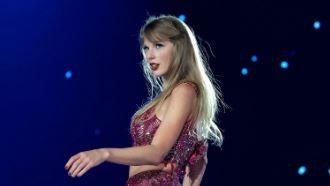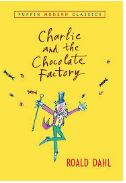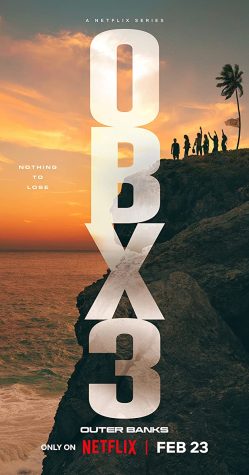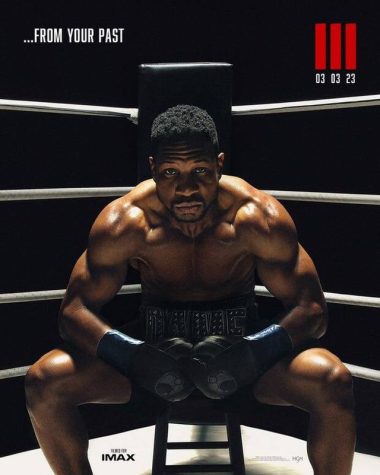The Hobbit: The Battle of the Five Armies Meets Mixed Reviews
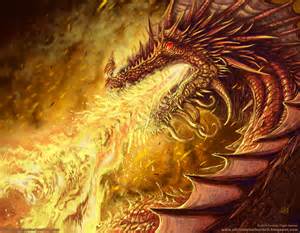
The Battle of the Five Armies marks the ending of a legendary series, and possibly the end of movie adaptations of J.R.R. Tolkien’s works. When Peter Jackson adapted the Lord of the Rings, the followers complained. When Peter Jackson adapted the hobbit, people still complained. Jackson has brought the vision of Tolkien relatively faithfully, adding in his own elements which can be appreciated. The film was a big deal; battles raged and a dragon wreaked havoc. But there was a deeper meaning inside the film; words from Tolkien and represented by Jackson that the film was more than just a blockbuster.
The film has been met with mixed reviews, with common disapproval of Jackson’s improvisation. Metacritic has given the movie a 59/100, and a 60% approval rating from Rotten Tomatoes. The main problem critics have of the movie is the amount of content. The original novel ‘The Hobbit’, has only 320 pages, yet the novel is split into three films. This book is not several things. This film is neither fully faithful nor committed to the novel. People seem to forget that adaptations cannot be the same as books, images are offered, and what can be expressed in books cannot be expressed in films. The movie is not a life-changing experience, nor is it spectacular.
This film is several things. It is a great movie that represents Tolkien’s world in one perspective. Thorin continues his epic quest after claiming the mountain to defend it. There is no feeling of wasting time to take up running time. Several points in the film are able to be emphasized because of the runtime, including the major battle scenes. Without giving anything away, other points can be improvised or extended; but again, Peter Jackson is faithful to Tolkien, drawing from other sources of Tolkien’s work as inspiration.
During this film, no issue of content amount presented itself. The film is packed with enough action and emotion that content is irrelevant. The trilogy allows more time to develop characters and the plot and that makes this film enjoyable. It’s hard to imagine what this film would be without the extra allotted time.
‘The first film will stand on its own and the second will be a transition and fusion with Peter’s world. I plan to change and expand the visuals from Peter’s and I know the world can be portrayed in a different way. Different is better for the first one,” said Guillermo del Toro, who worked wrote the screenplay.
There are a few controversial elements such as the character of elf Tauriel, who does not exist in the book and has no romantic subplot with dwarf Kili. However, actress Evangeline Lily does a great job depicting Tauriel, and the audience is inclined to like her. Orlando Bloom, Ian McKellen, and Christopher Lee again offer their performances as Legolas, Gandalf, and Saruman respectively. However, Richard Armitage offers his best as Thorin Oakenshield, and forces an emotional investment in his character. After two films, most fans wanted to see Kili pursue Tauriel, Thorin Oakenshield’s kingdom, and the epic battle known as the ‘Battle of the five armies’.
All in all, a deeper theme resonates through the 80 year-old book into this film. The conflict and battles all surround gold, and the lust for wealth compels nearly every character to fight. Thorin and his band of dwarves fight to reclaim wealth of their ancestors, the people of Laketown sponser Thorin’s quest, and the Elvenking Thranduil also place a claim on the wealth. Thorin loses his sanity for wealth, and leaves a powerful message that perhaps if people cared less about materialism, this world would be a better place.
At the end of the day, 6/10 is a fair rating for this epic conclusion. However, fans who are hoping for an adaptation from Tolkien’s posthumously published works The Silmarillion may be disappointed. Tolkien’s son currently holds the film rights and apparently does not like what Peter Jackson has done.
“I don’t think the Tolkien estate liked those films. I don’t think The Silmarillion will go anywhere for quite a long time.”
FSA Connection
- What is the main idea of the piece?
- Why is it unlikely there will be another Tolkien adaptation?
- Who directed the film?
- Does the author agree with the mixed ratings?
- What is the deeper theme of the movie?

Kevin “K.Chow” Chow is currently a senior at Freedom High School. He was born in Auckland, New Zealand and his family relocated to Australia and Tampa....

